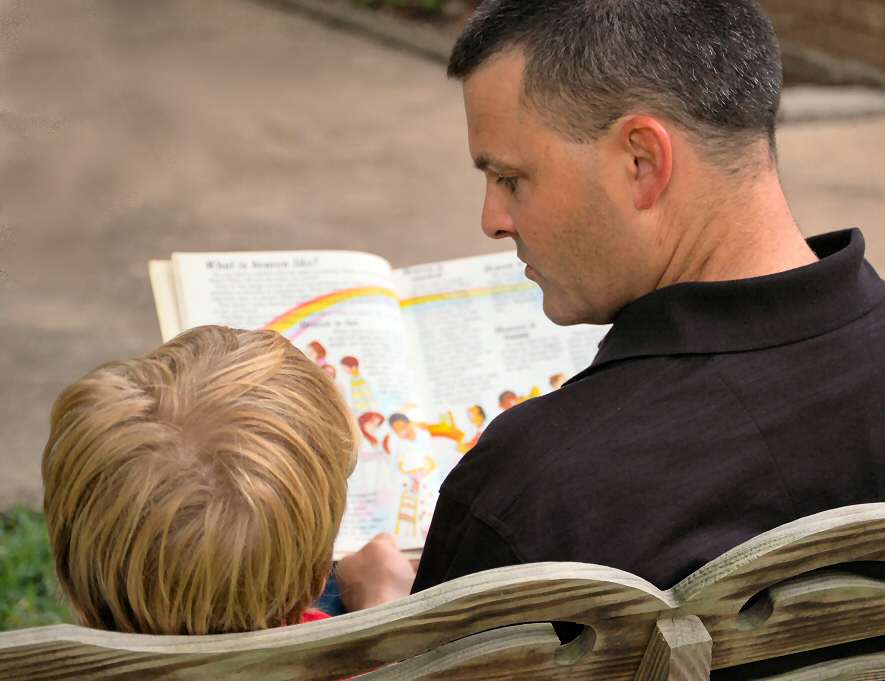 Understanding Primary and Secondary Custody in North Carolina
Understanding Primary and Secondary Custody in North Carolina
When parents divorce, they are both typically allowed to make legal decisions regarding their children. This is called legal custody. Physical custody is a little more complicated. North Carolina does not define joint custody or shared custody. One parent is given primary custody, while the other is given secondary custody. The child resides primarily with one parent, and the other parent has regular visits.
Join Managing Member Matt Arnold of Arnold & Smith PLLC as he explains the differences between primary and secondary custody in North Carolina.
Primary Custody
After divorce, a child’s primary residence will be with one parent. This parent is called the primary custodian. The primary custodian can make basic daily decisions for the child, but both parents still make important decisions on behalf of the child, such as those that involve education, religion, and health care. A child lives with the primary custodial parent on a permanent basis and visits with the other parent on a regular basis.
Secondary Custody
Non-primary child custody is also called secondary custody. Secondary custody allows you to have regular visitation with your child. The secondary custodial parent will usually have overnight visits with their child; however, the child resides most often with the primary custodial parent. Parents set up visitation through a parenting plan. The visitation is often once a week or every other weekend. The non-custodial parent usually pays child support.
How the Courts Determine Custody
The judge in a divorce or custody case will determine custody first and foremost based on the best interests of the child. There are many factors that the judge reviews when deciding on primary custody of a child. Some of these factors include:
- Ability of each parent to provide care for the child
- Age and health of each parent
- Whether a parent has been the primary caregiver for the child
- Resources and finances of each parent
- History of substance abuse
- History of domestic violence
- Child’s relationship with siblings
- School records and attendance
- Preference of the child (if old enough)
The judge may also consider any other factors they deem relevant to the decision.
Resolving Custody Disputes
Of all the many divorce matters that arise, custody is one of the most contentious. Both parents may feel they are the best ones to provide primary care. The parent who gets secondary custody may feel they are being left out of their child’s life. It is a good idea for parents to try to come to an agreement about child custody and visitation, but this isn’t always easy. Your attorney can help you negotiate a parenting plan that will be fair and agreeable.
If parents cannot agree as to the issues of their divorce, mediation may help. A mediator is a professional who is trained to assist couples with difficult negotiations. The mediator will facilitate communication between parties to assist them in coming to an agreement that is best for everyone. The judge will make the final decision, which is always made in the best interests of the child.
Child custody is one of the most important matters that is part of your divorce. Contact our legal team at Arnold & Smith, PLLC, at (704) 370-2828 to schedule a consultation to discuss child custody concerns.
The family law practice group at Arnold & Smith, PLLC includes two Board-Certified Family Law specialists and one Child Welfare Law specialist, as well as several attorneys with many years of family law experience that are committed to providing a powerful voice to individuals facing the often-tumultuous issues in this area of law. The range of issues our family law clients may be facing include pre- and post-nuptial agreements; separation agreements; post-separation support; child support (both temporary and permanent); absolute divorce; divorce from bed and board; military divorce; equitable distribution of assets; child custody (both temporary and permanent); retirement benefits and divorce; alimony and spousal support; adoption; and emancipation. Because this area of the law is usually emotionally charged and complicated, the family law attorneys at Arnold & Smith, PLLC act with the utmost dedication to ensure that each client understands his or her options, and then act to achieve the best result possible for that client’s particular situation.
Source:
Image Credit:
https://www.freeimages.com/photo/daddy-reading-behind-1432160
See Our Related Video from our YouTube channel:
https://www.youtube.com/user/ArnoldSmithPLLC?feature=watch
See Our Related Blog Posts:
 Charlotte Divorce Lawyer Blog
Charlotte Divorce Lawyer Blog


